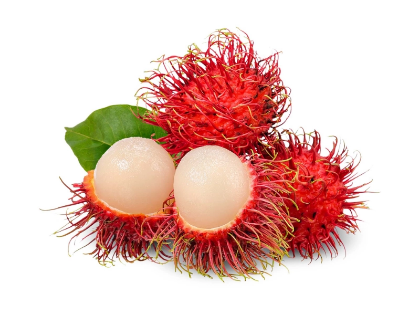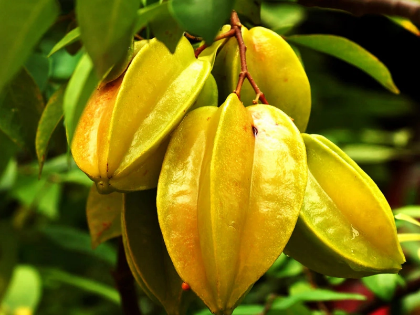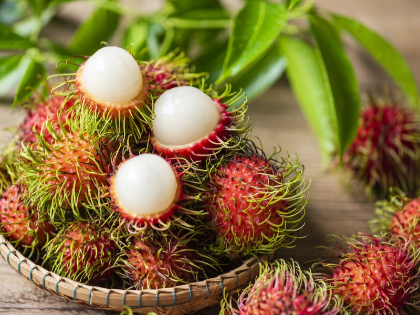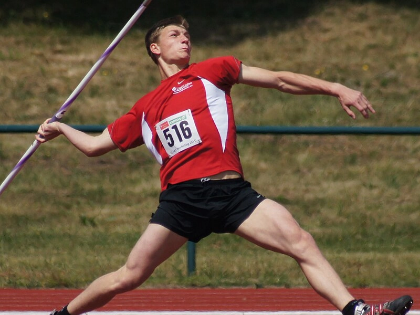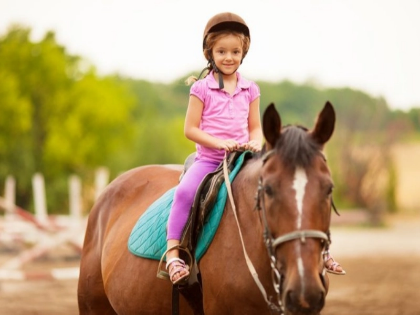Equestrian Mental Health: Managing Competition Stress
For riders, competitive equestrian competitions may be both thrilling and taxing. Anxiety and mental strain can result from the pressure to perform well as well as from the duty of looking after a horse. Maintaining mental health and guaranteeing a good riding experience depend on a knowledge of how to control competition stress. This post looks at several techniques and ideas for controlling stress in the equestrian environment so giving riders skills to negotiate the demands of competition.
Realizing Stress in Competition
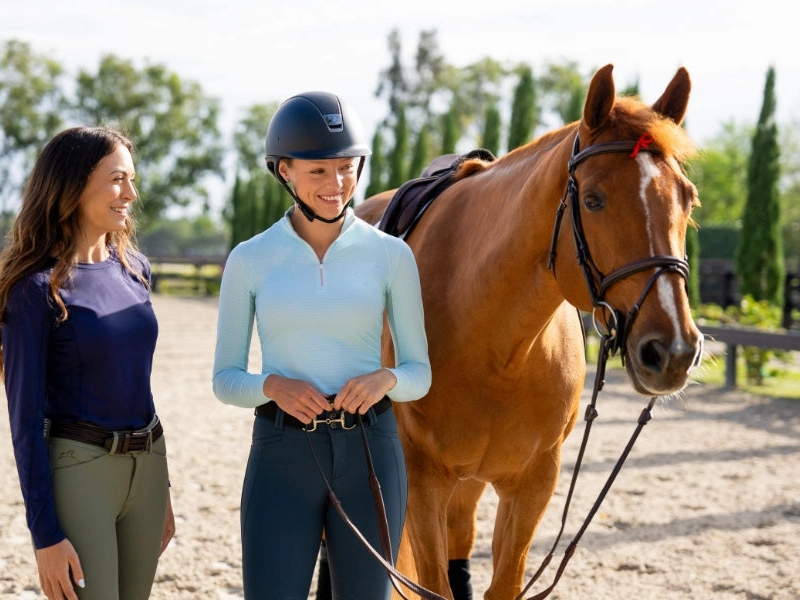
Preparation and Standard Practice
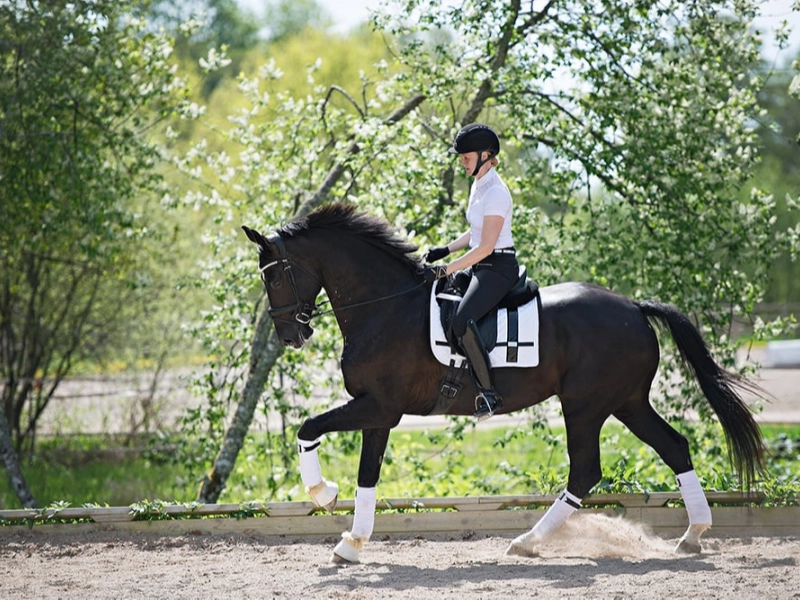 Establishing a regular schedule and doing extensive preparation are among the best strategies for controlling competition stress. A well-organized schedule before of an occasion can help one feel under control and lower anxiety. Practicing certain abilities, looking over course layouts, and making sure the rider and horse are physically ready for competition can all be part of this readiness.
Developing a pre-competition schedule also aids with stress management. To help relax, this regimen can call for mental visualization techniques, warm-up activities, or even basic breathing exercises. Establishing a regular schedule helps riders to feel normal, which can help to reduce some of the pressure related to competitiveness. Including the horse in this practice can also help to build the relationship between rider and horse, therefore promoting a partnership that might be comforting in trying circumstances.
Establishing a regular schedule and doing extensive preparation are among the best strategies for controlling competition stress. A well-organized schedule before of an occasion can help one feel under control and lower anxiety. Practicing certain abilities, looking over course layouts, and making sure the rider and horse are physically ready for competition can all be part of this readiness.
Developing a pre-competition schedule also aids with stress management. To help relax, this regimen can call for mental visualization techniques, warm-up activities, or even basic breathing exercises. Establishing a regular schedule helps riders to feel normal, which can help to reduce some of the pressure related to competitiveness. Including the horse in this practice can also help to build the relationship between rider and horse, therefore promoting a partnership that might be comforting in trying circumstances.
Mental Techniques and Mindfulness
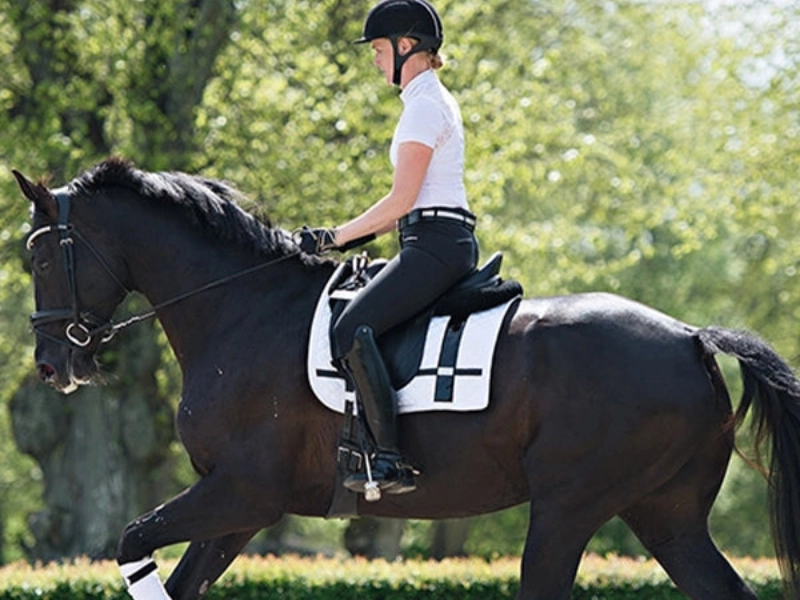 Including mindfulness techniques into instruction will help riders greatly control their competition tension. Being present in the moment and nonjudgingly acknowledging ideas and emotions is the essence of mindfulness. Riders may center themselves and lower their nervousness by using techniques including meditation, deep breathing, and visualization.
In the equestrian setting especially is visualizing quite effective. Riding allows one to mentally practice their performance by precisely envisioning every movement and jump. This mental exercise not only increases confidence but also helps the brain be ready for the physical application of abilities. Deep breathing techniques can assist the neurological system relax, so enabling riders to recover attention and control as stress levels rise. Including mindfulness into their daily practice helps riders develop a more strong attitude, more suited to manage the demands of competitiveness.
Including mindfulness techniques into instruction will help riders greatly control their competition tension. Being present in the moment and nonjudgingly acknowledging ideas and emotions is the essence of mindfulness. Riders may center themselves and lower their nervousness by using techniques including meditation, deep breathing, and visualization.
In the equestrian setting especially is visualizing quite effective. Riding allows one to mentally practice their performance by precisely envisioning every movement and jump. This mental exercise not only increases confidence but also helps the brain be ready for the physical application of abilities. Deep breathing techniques can assist the neurological system relax, so enabling riders to recover attention and control as stress levels rise. Including mindfulness into their daily practice helps riders develop a more strong attitude, more suited to manage the demands of competitiveness.
Communication and Support Systems
 Managing tension related to competitiveness depends on a solid support system. Coaches, trainers, other cyclists, friends, and family can all provide this encouragement. Open discussion about emotions and experiences can help to build understanding and connection, therefore lowering the often accompanying stress-related isolation. Talking about worries or fears with reliable people can give insightful analysis and support.
Riding clubs or group training events can also help to build a community whereby riders may exchange their experiences and coping mechanisms. These encounters give riders a stage to encourage each other and help to regulate tension related to competitiveness. Developing ties inside the equestrian community can improve general well-being and foster a favorable surroundings that supports development and resilience.
Managing tension related to competitiveness depends on a solid support system. Coaches, trainers, other cyclists, friends, and family can all provide this encouragement. Open discussion about emotions and experiences can help to build understanding and connection, therefore lowering the often accompanying stress-related isolation. Talking about worries or fears with reliable people can give insightful analysis and support.
Riding clubs or group training events can also help to build a community whereby riders may exchange their experiences and coping mechanisms. These encounters give riders a stage to encourage each other and help to regulate tension related to competitiveness. Developing ties inside the equestrian community can improve general well-being and foster a favorable surroundings that supports development and resilience.
Establishing reasonable objectives
Managing competitive stress requires reasonable and attainable goals. Many times, riders put great pressure on themselves to reach particular goals or win, which could cause more worry. Rather, emphasizing personal development and enjoyment of the activity might assist change the perspective from one of pressure to one of progress. Specific, quantifiable, realistic, pertinent, and time-bound (SMART) goals should abound. For example, a rider can set a target to develop their jumping technique or communication with their horse instead of concentrating just on a first-place result. Celebrating little successes and advancement helps riders develop a more favorable attitude toward competition and help to lower their stress related with high expectations.
After Competition Analysis
Taking time to consider the experience following a competition can help with mental health. This introspection lets riders evaluate what went right and pinpoint areas needing work without fixating on supposed mistakes. Resilience and progress can be developed by means of positive self-talk and emphasizing on lessons acquired. Talking about the competition with a coach or mentor could also give insightful analysis and direction for next events. By use of this post-competition study, cyclists can create a strategy for overcoming any obstacles they encountered, therefore insuring their readiness and confidence for forthcoming events. Riders can develop a better relationship with competition and lower general stress by seeing contests as chances for learning rather than only performance measures.
Long-Term Plans for Mental Health
Managing stress related to competitiveness requires developing long-term mental health in addition to quick coping mechanisms. Foundation elements of mental wellness are frequent physical exercise, a balanced diet, and enough rest. Yoga, meditation, or spending time with horses outside of competition environments are among the self-care activities riders should give top priority for promoting relaxation and stress relief. Getting professional help from sports psychologists or mental health experts can also offer more skills and techniques for stress management. These experts can provide customized strategies to enable riders negotiate the particular difficulties of the equestrian sector. Investing in mental health will help riders improve their general performance and well-being, so enabling a more satisfying equestrian experience.

